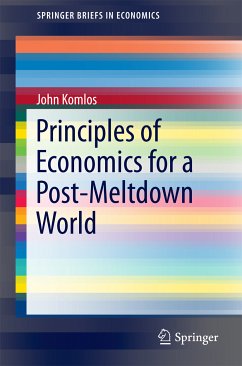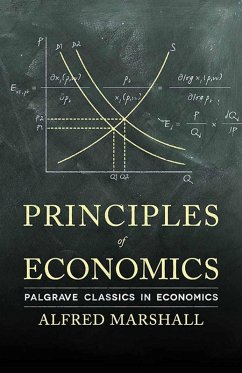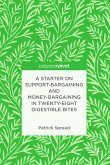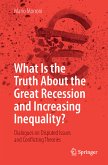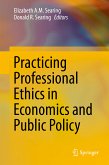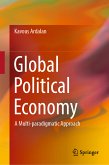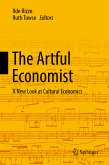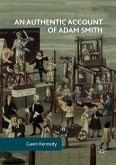This brief emphasizes the ways in which introductory economics textbooks incorrectly rely on assumptions about the free market, the rational agent model, market fundamentalism, and standard long-standing assumptions in economics, and in doing so disregard the effects of incomplete and asymmetric information on choice and on allocation, and maintain a general but flawed belief that competitive markets can always provide efficient solutions automatically. In other words, the standard economics principles textbook is anachronistic, they assume that tastes are exogenous, they overlook interdependencies and externalities not only in production but in consumption of goods, and they overlook the fact that path-dependence is a major hindrance to optimization. Mainstream principles of economics textbooks distort our worldview with immense political and cultural consequences. Students of these principles deserve a more complete perspective, and this brief critiques that conventional worldview and provides an alternative perspective, with an emphasis on free-market economics wherein the human element should be paramount and moral judgments should override market outcomes. In other words, what is important is not GNP as much as the quality of life, not institutions but how people live and fare in them. This brief argues that economics cannot be a science; it has too many ideological aspects, and in many ways conventional textbooks are not providing a true-to-life depiction of the economy. This Brief will be a reference or supplemental text for college and university students enrolled in such applied undergraduate and graduate courses and seminars in economics and economic theory.
Dieser Download kann aus rechtlichen Gründen nur mit Rechnungsadresse in A, B, BG, CY, CZ, D, DK, EW, E, FIN, F, GR, HR, H, IRL, I, LT, L, LR, M, NL, PL, P, R, S, SLO, SK ausgeliefert werden.

